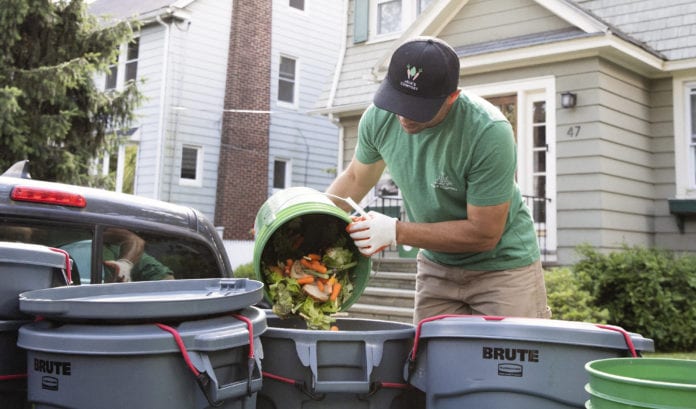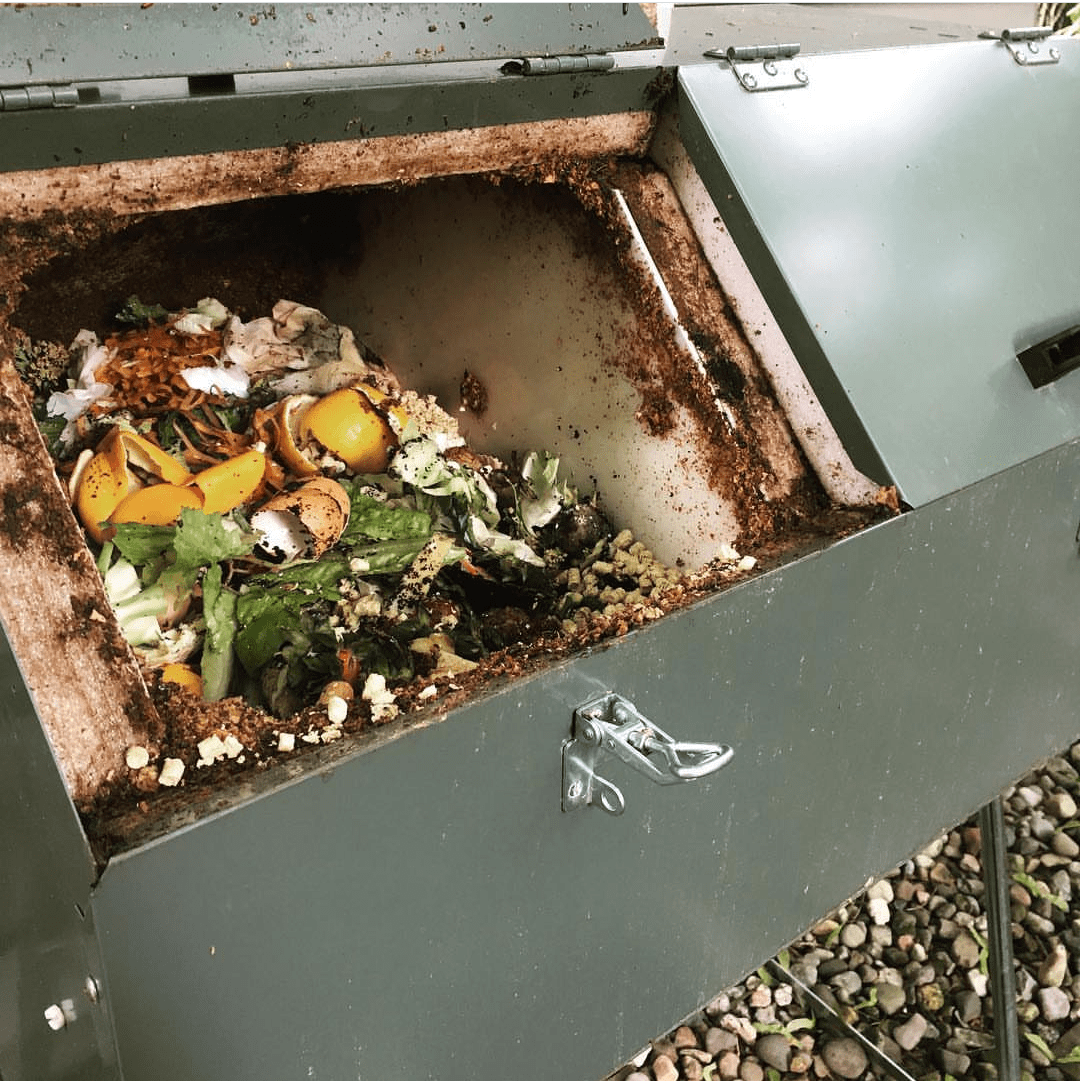Our Garden State Gardening series offers tips on gardening and details how you can start homesteading; whether you’re trying to take small steps towards self-sufficiency or already have your very own farm. It’s all about trying to make less of a “footprint” on the Earth. Once you’ve taken the first step, next up is learning about composting.
There are a lot of myths and false info about composting. In fact, many people think it’s a difficult or complex (not to mention, stinky!) process. However, according to members of the Garden State’s composting community, the truth is much more palatable.
More from Best of NJ
What is Composting?
According to the EPA, compost is an organic material made from materials such as certain food scraps and yard waste. These materials include an equal amount of browns, such as dead leaves, branches, and twigs; greens, like grass clippings, vegetable waste, and coffee grounds; and finally, water to help develop the compost.
When you properly combine your browns, greens, and water, decomposition of organic matter occurs (eventually). This not only reduces waste in landfills, but also provides you with organic material to use in your garden beds. Think of it as free organic fertilizer!
Benefits of Composting
So why compost, especially when your goal is a more sustainable lifestyle? According to Michelle Bradley of Java’s Compost in Orange, NJ, food waste is just a part of our lives; especially since we eat every day, a few times a day. Many people don’t think about what happens to food waste; but others know it creates methane and potent green house gasses in landfills and incinerators.
“By composting, you get to take your own ‘trash’ and turn it into something useful and valuable,” Bradley explains. “When people start composting, they notice a secondary benefit – becoming more conscious about their food buying habits.”
According to this 2018 study, the average person in the U.S. wastes about a pound of food per day. This makes up about 25% of all food available to eat in the country. This both wastes food and all of the resources that go into growing it; including nearly 21% of our freshwater, 19% of our fertilizer, 18% of our cropland, and 21% of our landfill volume. Of course, this also results in a massive amount of carbon pollution coming from our methane-emitting landfills.
Get Started!
Now that we know why composting is such an important thing to do, where should you start? Well, first you should research if your area provides a pick up service. If not, you’ll want to set up a compost in your backyard. For a backyard compost, Bradley recommends an insulated tumbler with two compartments; this allows you to compost all year long, while also being pest proof and easy to turn.
For apartment dwellers, composting takes a bit of creativity. A vermicomposting kit allows you to compost fruits, vegetables, egg shells, and more using worms. (Don’t worry, they can’t escape.) Why worms? In particular, it’s because they can eat half their own body weight in a day. However, if the thought of having food scraps and worms in your apartment is too much, there’s one more option: Plenty of services in NJ do everything from picking up your food scraps weekly or bi-weekly to cleaning your bucket. Java’s Compost, for example, serves Essex and Union Counties.
A Beginner’s Guide to Composting
- Look at what you eat and what you’re expecting to compost (mainly meat, dairy, and any vegetables). Then pick the system that works best for you.
- You need a balance between wet (greens/food scraps) and dry (browns) to avoid smells. Bradley recommends a ratio of 2:1 (two parts dry to one part wet). Specifically, you want a consistency like that of a damp sponge.
- When adding materials, the smaller the pieces, the faster they will break down.
- Compost needs air to help feed the microbiology that will break it down. Turning it at least three times a week will help this process.
- There’s no such thing as “bad” composting, only an out of balance one! Don’t worry, you can fix any mishap.
Images: © Java’s Compost















